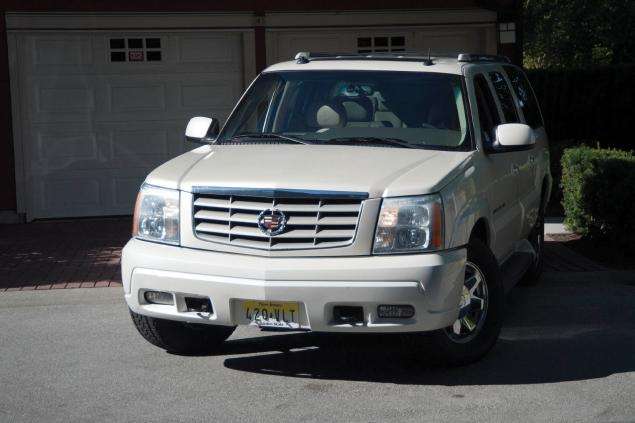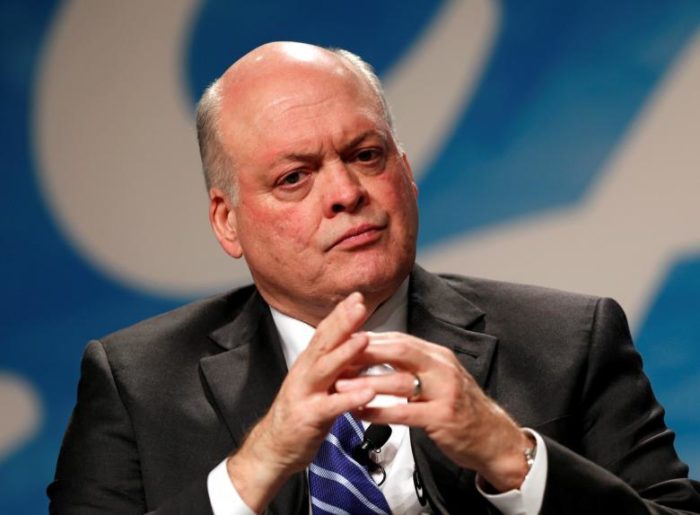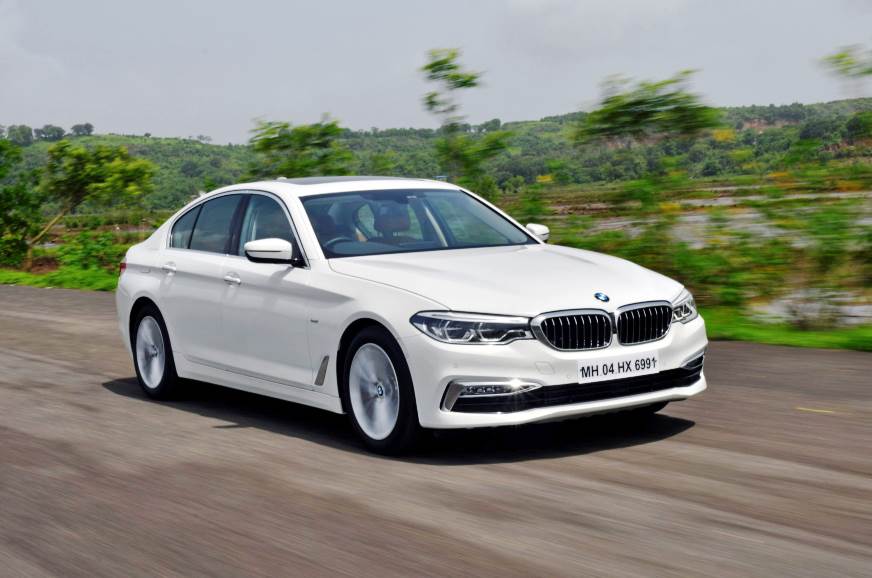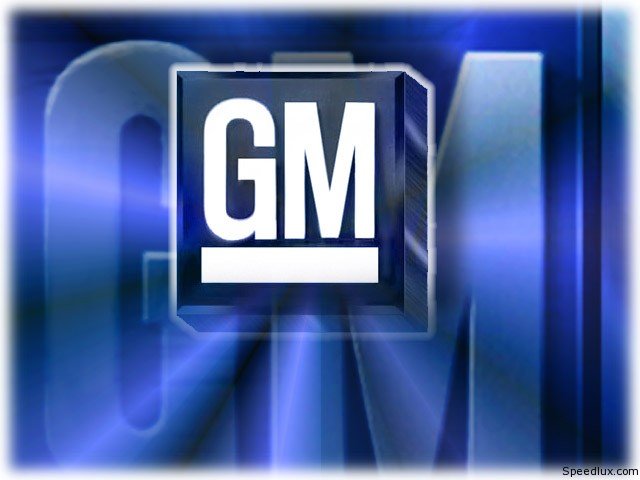Now Reading: U.S. November car sales see positive results
-
01
U.S. November car sales see positive results
U.S. November car sales see positive results

Holiday season deals propped up U.S. auto sales in November, limiting the scale of yearly decline at some automakers and putting total figures on course to top experts’ expectations, numbers from several top producers revealed on Monday.
No.1 automaker General Motors posted an approximately 1 percent increase in sales, according to a source knowledgeable with the numbers, compared with a drop of over 2 percent expected by analysts.
Its next biggest rival, Ford Motor reported a 7 percent decrease in sales but said total industry sales should have reached at least 17.5 million annualized – more than economists’ expectations of 17.2 million.
Bolstered by Washington and Beijing indicating a three-month truce in their trade war during the weekend, shares in both companies increased by over 4.5 percent in morning trade in New York.
“Relative to the macro-economic outlook, Ford was upbeat on its monthly sales call, suggesting relative consumer resiliency in the face of increasing interest rates,” J.P.Morgan analyst Ryan Brinkman stated.
U.S. sales had been expected to drop for a second year running as higher interest rates and tariffs boost prices at a time when many vehicle owners have already replaced their older automobiles.
An ongoing increase in SUV sales, however, still helps automakers and November traditionally benefits from efforts by dealers to clear out stock before the new year.
Honda Motor and Toyota Motor have reported declines – of 9.5 and 0.6 percent respectively, however Fiat Chrysler, whose sales have been rising on the back of its strength in jeeps and SUVs, increased 17 percent.
While Ford blamed weak sales of Focus sedans and Mustang sports cars for its November sales reduction, it signaled full-year industry statistics for this year could be on par or slightly higher than a year ago.
Stay Informed With the Latest & Most Important News
Previous Post
Next Post
-
 01Polestar Boss Says It’s Time To Outrun BMW M And Mercedes-AMG
01Polestar Boss Says It’s Time To Outrun BMW M And Mercedes-AMG -
 02Spy Shots: 2027 Mitsubishi Pajero Spotted in Testing Ahead of Possible U.S. Return
02Spy Shots: 2027 Mitsubishi Pajero Spotted in Testing Ahead of Possible U.S. Return -
 03Spy Photos: VW ID. Polo GTI Goes Electric with 223 HP and 280 Miles of Range
03Spy Photos: VW ID. Polo GTI Goes Electric with 223 HP and 280 Miles of Range -
 042026 Toyota Hilux EV: A Powerful Truck with Silent Torque
042026 Toyota Hilux EV: A Powerful Truck with Silent Torque -
 05The Controversial Ford Voodoo V8 That Was Killed Off Too Early
05The Controversial Ford Voodoo V8 That Was Killed Off Too Early -
![2027 Mercedes-Benz S-Class Debuts with V8 Engine [Photo Gallery]](https://speedlux.com/wp-content/uploads/2026/01/2027-Mercedes-Benz-S-Class-33-155x125.jpg) 062027 Mercedes-Benz S-Class Debuts with V8 Engine [Photo Gallery]
062027 Mercedes-Benz S-Class Debuts with V8 Engine [Photo Gallery] -
 07Hyundai Palisade’s Breakout Year Shows How Quickly the Market Can Turn
07Hyundai Palisade’s Breakout Year Shows How Quickly the Market Can Turn


![2027 Mercedes-Benz S-Class Debuts with V8 Engine [Photo Gallery]](https://speedlux.com/wp-content/uploads/2026/01/2027-Mercedes-Benz-S-Class-33-700x394.jpg)












































